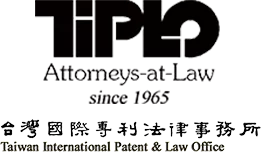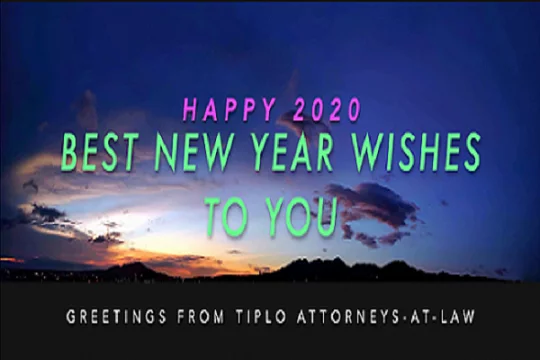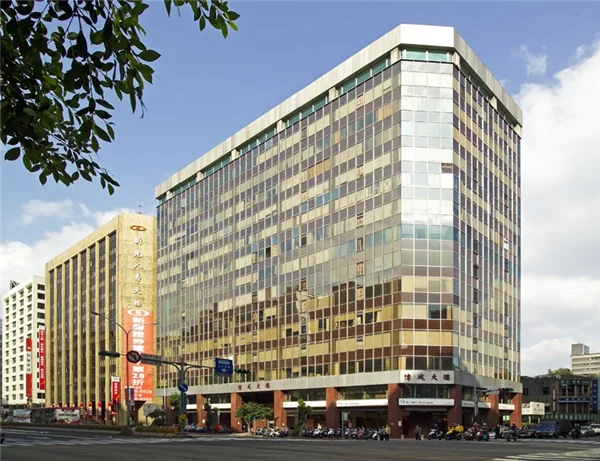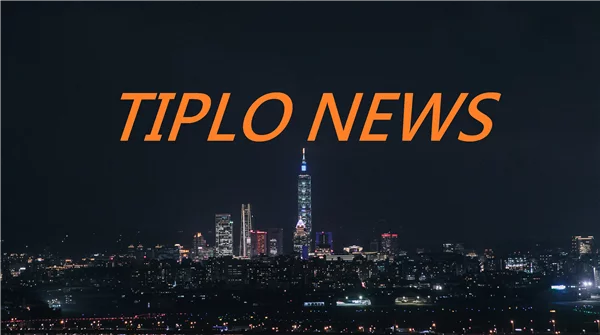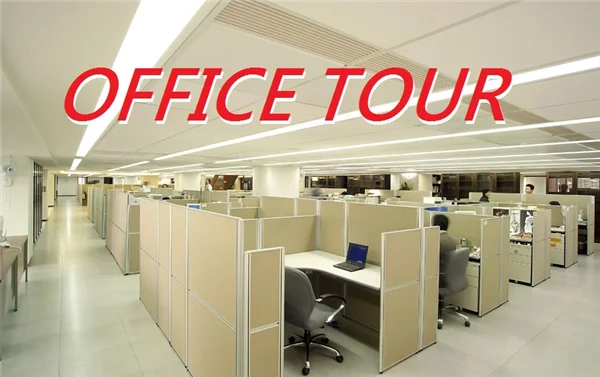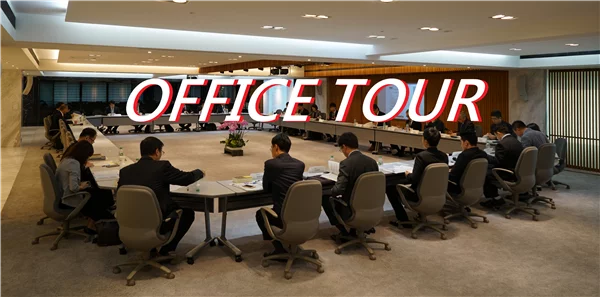Code of Criminal Procedure re-adopts adversary system and prosecutor’s powers to conduct emergency search is limited
E020118Y6 Feb. 2002(E30)
The Legislative Yuan passed the Draft of Amendment to the Code of Criminal Procedure at dawn of January 18, 2002 after final reading, in which the existing criminal proceedings are amended largely. The “offizialprinzip” available currently will be amended to the “adversary system”. In the future, the prosecutor “ought to” be liable to adduce evidence to prove the fact of the crime charged of an accused; otherwise, the court can dismiss the indictment brought by the prosecutor. Meanwhile, for the sake of discovering the truth, the court “may” investigate evidence ex officio and will not be liable to investigate evidence any longer. To harmony with the re-adoption of the adversary system in the criminal proceedings, the Legislative Yuan also passed the motion for suspension of prosecution after final reading. In the future, except the death sentence, life sentence or imprisonment of more than three years, the prosecutor may render decision on suspension of prosecution for more than one year but less than three years, so as to reduce the incidence of litigations.
Another issue relating to the adjustment of a prosecutor’s powers is to limit the powers to conduct an emergency search. According to Article 131 of the Amendment to the Code of Criminal Procedure, unless the prosecutor has hold explicit facts sufficient to demonstrate that the suspect is engaging in criminal activities or there is a likelihood that the evidence will be destroyed within 24 hours, the prosecutor shall report to the chief prosecutor at first and then can proceed with an emergency search. If the court rejects or withdraws the emergency search, material gained by the prosecutor through the search can not be adopted as available evidence.
According to Article 161 and Article 163 of the Amendment, the role which the prosecutor plays in the investigation of defendant’s criminal facts is changed largely and the provisions requiring that the prosecutor “shall” bear the burden of proof will be amended to that read as the prosecutor “ought to” bear the burden of proof. In other words, the prosecutor ought to be liable to pursue the defendant solely. The provisions also indicate that if the court considers before the first trial that the demonstration alleged by the prosecutor is not sufficient to prove that the defendant’s crime is sustained, the court shall rule that the prosecutor should supplement it within a specific time limit. If the prosecutor fails to supplement it within the specific time limit, the judge may rule that the indictment should be dismissed. No indictment should be brought against the same case if the judge’s dismissal ruling against the case is finalized. Meanwhile, the judge’s authority is also adjusted. For the sake of discovering the truth, the judge “may” proceed with investigation of evidence ex officio. The court will not continue the prosecutor’s work to collect evidence voluntarily, but simply will proceed with the trial according to the justified procedure in order to prevent disputes from arising between the trial and investigation and to solidify the judge’s neutralization. However, the amended provisions specify that “the court shall, ex officio, investigate evidence for the issues which are related to protection of justice and fairness or critical to the defendant’s interest”. Additionally, the amended provisions also require that before exercising its authority, the court shall give a party an opportunity for stating opinion and the party shall be also entitled to petition for the investigation of evidence.
Source: China Times 01/18/2002
Liberty Times 01/18/2002

